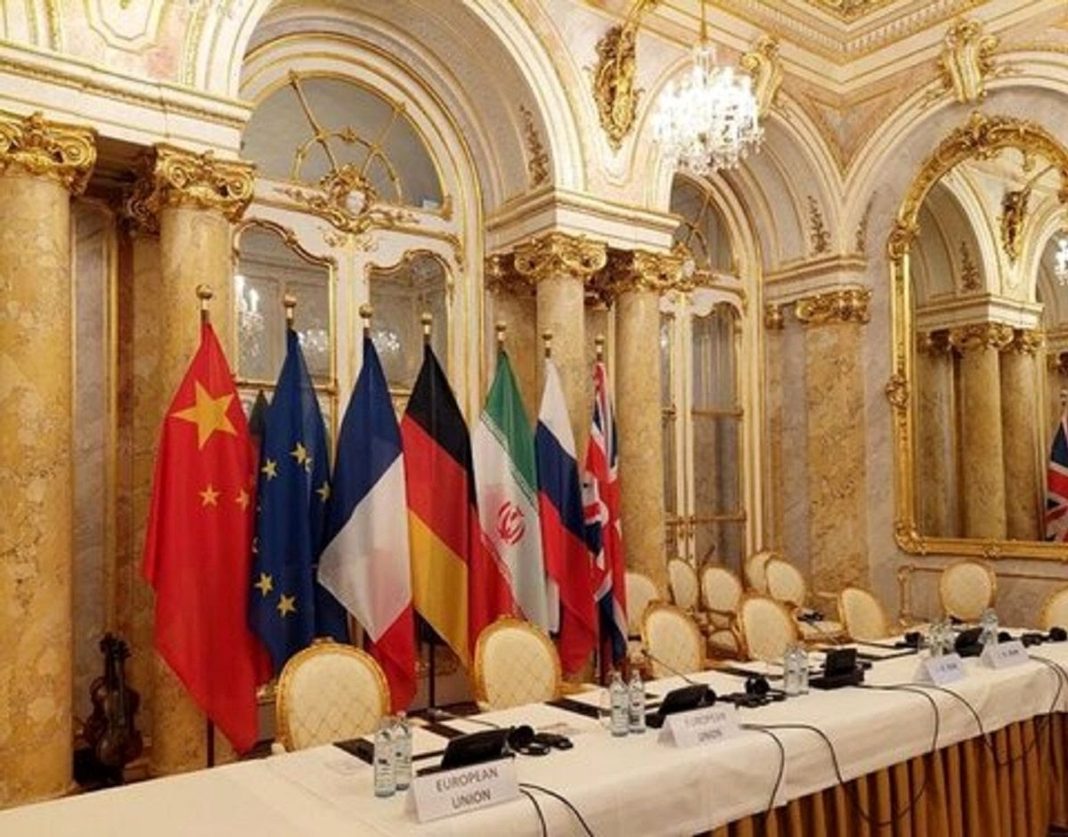Wang Chang, deputy head of China’s Permanent Mission to the United Nations in Vienna, made the remarks at a meeting of the International Atomic Energy Agency (IAEA) Board of Governors convened on the same day to deliberate the Iran nuclear issue.
Wang said that the success of the Iran nuclear talks is contingent on whether a solution acceptable to all parties can be found to resolve the outstanding safeguards issues.
“It is important to note that Iran’s outstanding safeguards issues point to possible nuclear activities that took place decades ago, if at all. There is neither urgency nor proliferation risk involved. Besides, the issue of the possible military dimensions of Iran’s nuclear program was already concluded in 2015,” he added.
He urged the parties in the talks to not overstate the severity of the outstanding safeguards issues or make those issues a major obstacle to future reimplementation of the Iran nuclear deal.
Noting that the Iran nuclear talks have entered the “final critical stage,” the Chinese envoy stated that the United States, as the originator of the Iran nuclear crisis, should make political decisions and respond to Iran’s reasonable demands to promote an early deal.
In response to a statement proposed at the IAEA board meeting by the US and other countries on Iran’s safeguards issues, Wang said that putting pressure on Iran would not help resolve the outstanding issues or de-escalate the current crisis.
He called on relevant parties to create necessary conditions and a favorable atmosphere for an early agreement of the Iran nuclear talks.
Iran signed the JCPOA with world powers in July 2015, agreeing to curb its nuclear program in return for the removal of Western sanctions on the country.
However, former US President Donald Trump pulled Washington out of the agreement and reimposed unilateral sanctions on Tehran.
The marathon talks on the revival of the 2015 nuclear deal began in April 2021 in Vienna. On Aug. 8 this year, the European Union put forward a “final text” of the draft decision on reviving the 2015 deal, but the negotiations have recently reached a deadlock again with political differences between Tehran and Washington.
